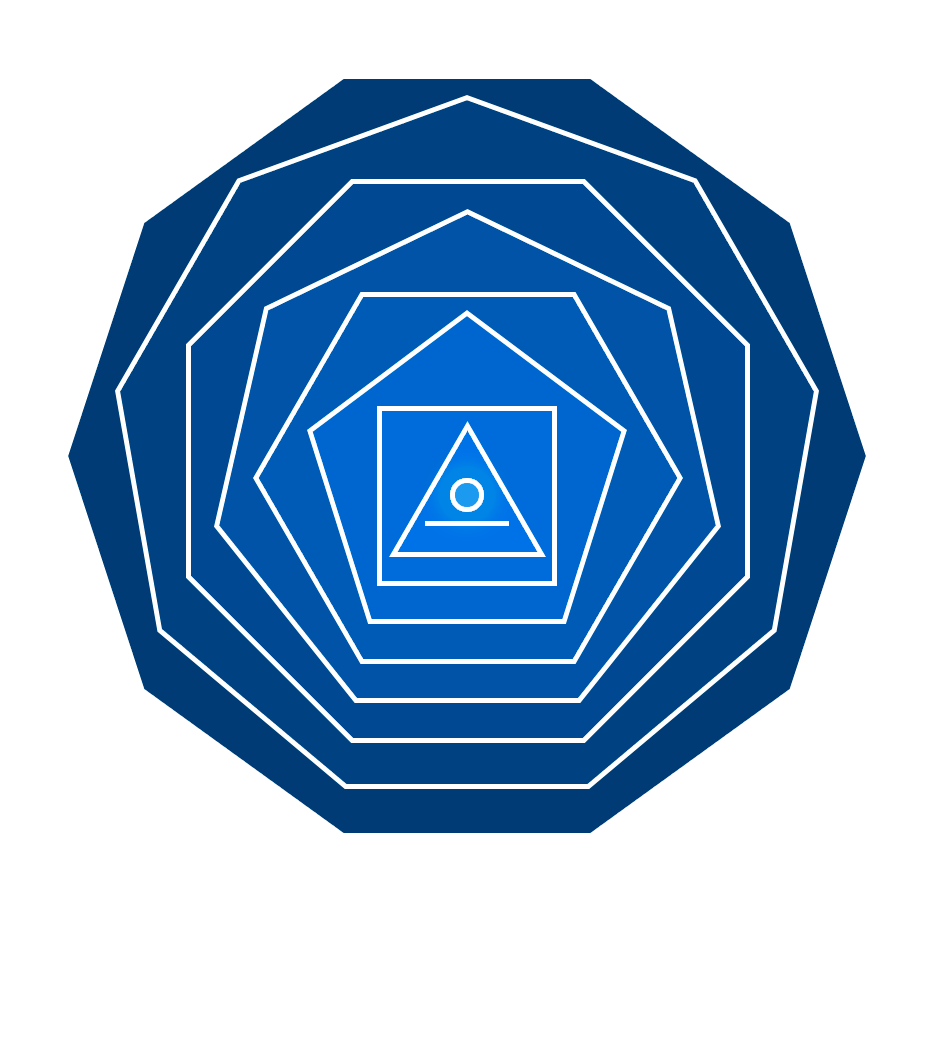Beyond Growth Mindset

Growth mindset has become somewhat of a holy grail for leaders and educators around the world. What could possibly be wrong with believing we can continue to learn and grow throughout our lives? Or that we should embrace difficult challenges and potential failures as they are a fundamental part of the learning process?
There may not be anything wrong with these ideas, but they are arguably incomplete. Today’s world, we’ll suggest, is demanding we go further. We invite you to reflect on the following and decide for yourself.
According to our mentor Carol Sanford, there is a third option. She calls it the Developmental Mindset. Here are a few thoughts about how this goes beyond growth mindset:
1) Beyond individual growth, to developing whole living systems
Growth Mindset is largely focused on developing ourselves as individuals, or realizing our individual potential. With a Developmental Mindset, we are more aware of how our growth relates to that of our families, teams, organizations, communities, markets, industries, and ecosystems. We situate our learning within a rich and dynamic context of co-evolving living systems and the value-adding roles each is growing into within larger systems.
Why this matters: Learning is valuable when it leads us to creating value in new ways. As learners, we are also more motivated when we can see how what we are learning allows us to better contribute to something meaningful. When growth is fragmented or lacks context, we get cut off from this source of purpose and motivation.
2) Beyond skills and knowledge, to developing understanding
With a Growth Mindset, our focus is primarily on developing new skills and knowledge. These are important. They help us perform competently in our roles and create more value for our stakeholders. Yet without an understanding of the systems that we are working in, we lack strategic direction in our personal and professional growth. We may be working toward a future role that won’t exist when we get there. Developing understanding requires that we engage with these systems in a spirit of curiosity and humility. We see them as unique, not fitting neatly into the preconceived categories our brains are wired to assign to them as mental shortcuts. Understanding requires that we experience these systems directly. In time, our understanding of what makes them unique, and how they are trying to express this uniqueness within value-adding processes, begins to emerge.
Why this matters: Understanding the systems we work in is a fundamental part of our ability to manage uncertainty and change. It allows us to make more strategic decisions about our growth, aligning our unique gifts with the unique needs of our stakeholders as we develop into new value-adding roles.
3) Beyond growth, to building developmental capacity
With a Developmental Mindset, we are not just focused on growth. We are focused on increasing our capacity for strategic growth, as well as this capacity in others. We are not just learning, but developing as learners. This includes building developmental capabilities and cultures that allow us to make sense of change and overcome complex challenges.
Why this matters: Many traditional approaches to learning are failing us in today’s complex and rapidly changing environment. These approaches were designed for a more stable and predictable world. We are in urgent need of new developmental capabilities and cultures, or new levels of developmental capacity, if we are to effectively navigate this uncertainty we are facing.
Conclusion
This is not meant to be an exhaustive list of the characteristics of a Developmental Mindset, but it starts to paint a picture. There is much yet to be explored regarding the ways of thinking, doing, and learning that are urgently needed in today’s changing world. What’s fairly clear is that we can no longer operate in our individual siloes. We need to work to understand the bigger picture and we need to grow more strategically as our understanding develops. The work around Growth Mindset gives us some useful starting principles, but we’ll have to dig in deeper to discover how our thinking still needs to change.

